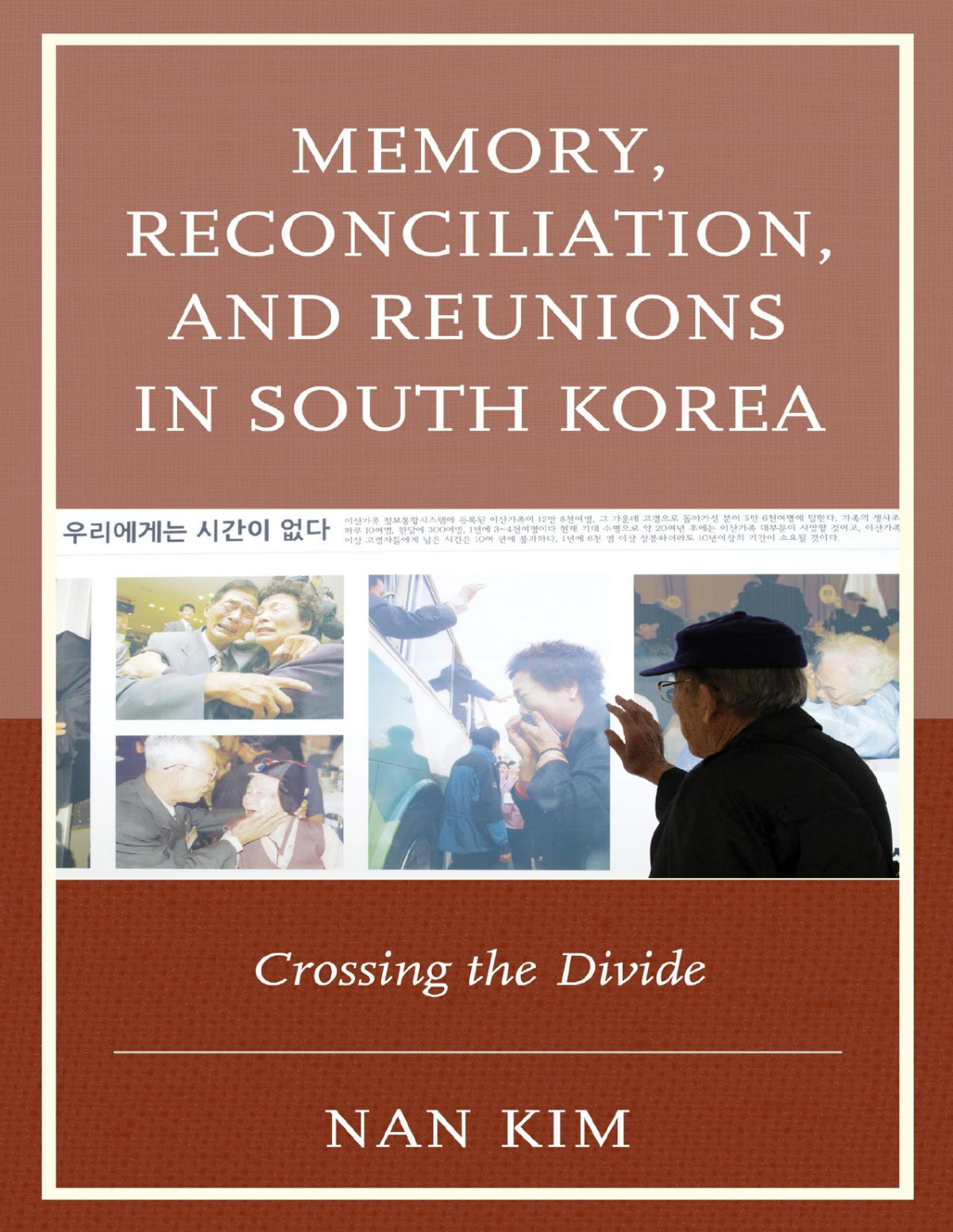

Most ebook files are in PDF format, so you can easily read them using various software such as Foxit Reader or directly on the Google Chrome browser.
Some ebook files are released by publishers in other formats such as .awz, .mobi, .epub, .fb2, etc. You may need to install specific software to read these formats on mobile/PC, such as Calibre.
Please read the tutorial at this link: https://ebookbell.com/faq
We offer FREE conversion to the popular formats you request; however, this may take some time. Therefore, right after payment, please email us, and we will try to provide the service as quickly as possible.
For some exceptional file formats or broken links (if any), please refrain from opening any disputes. Instead, email us first, and we will try to assist within a maximum of 6 hours.
EbookBell Team

4.8
94 reviewsMemory, Reconciliation, and Reunions in South Korea: Crossing the Divide explores the history and tells the story of the emotionally charged meetings that took place among family members who, after having lost all contact for over fifty years on opposite sides of the Korean divide, were temporarily reunited in a series of events beginning in 2000. During an unprecedented period of reconciliation between North and South Korea, those nationally televised reunions would prove to be the largest meetings held theretofore among civilians from the two states since the inter-Korean border was sealed following the end of active hostilities in 1953. Drawing on field research during the reunions as they happened, oral histories with family members who participated, interviews among government officials involved in the events’ negotiation and planning, and observations of breakthrough developments at the turn of the millennium, this book narrates a grounded history of these pivotal events. The book further explores the implications of such intimate family encounters for the larger political and cultural processes of moving from a disposition of enmity to one of recognition and engagement through attempts at achieving sustained reconciliation amid the complex legacies of civil war and the global Cold War on the Korean Peninsula.